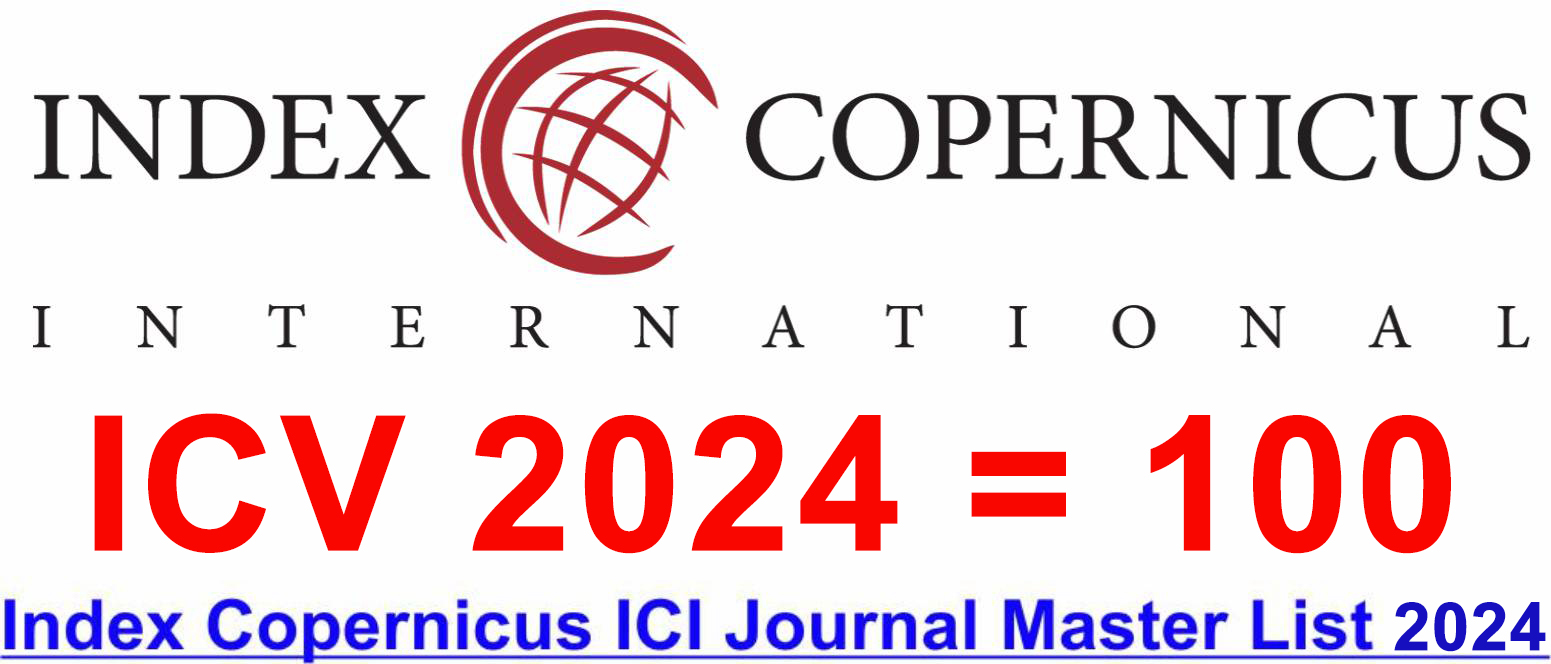Study on Cooperative Bank Lending Practices in Ahmedabad
DOI:
https://doi.org/10.46977/apjmt.2024.v04i03.003Keywords:
Co-operative Banks, Lending Practices, Satisfaction LevelAbstract
This study investigates the lending practices of cooperative banks in Ahmedabad, focusing on the satisfaction levels and preferences of their customers. A structured survey was conducted to gather data from cooperative bank customers regarding their experiences with loans. The survey covered various aspects, including the duration of membership, types of loans availed, satisfaction with the loan application process, factors influencing their choice of the cooperative bank, comfort with repayment options, awareness of associated charges, and overall customer service satisfaction. Preliminary findings indicate that the most common types of loans obtained were personal loans, with factors such as lower interest rates, quick loan approval, and personalized customer service influencing their choice of cooperative banks. Members generally expressed satisfaction with the loan application process, although some noted issues with customer service responsiveness. Most respondents were aware of associated charges but had varying perceptions of their reasonability. Overall satisfaction levels were positive, with a majority of customers willing to recommend cooperative bank lending services to others.
Downloads
References
Baqué, N., Ferati, A., & Singh, R. (2021). Customer satisfaction in the cooperative banking industry: A quantitative approach.
Bobbio, T. (2015). Urbanisation, citizenship and conflict in India: Ahmedabad 1900-2000. Routledge.
Damberg, S., Schwaiger, M., & Ringle, C. M. (2022). What’s important for relationship management? The mediating roles of relational trust and satisfaction for loyalty of cooperative banks’ customers. Journal of Marketing Analytics, 10(1), 3-18.
Gnanasekaran, E., & Anbalgan, M. (2012). Cooperative banks–review of literature. ACADEMICIA: An International Multidisciplinary Research Journal, 2(10), 276-288.
Gupta, J., & Jain, S. (2012). A study on Cooperative Banks in India with special reference to Lending Practices. International Journal of Scientific and Research Publications, 2(10), 1-6.
Hendriks, S. (2019). The role of financial inclusion in driving women’s economic empowerment. Development in Practice, 29(8), 1029-1038. https://doi.org/10.1080/09614524.2019.1660308
McKillop, D., French, D., Quinn, B., Sobiech, A. L., & Wilson, J. O. (2020). Cooperative financial institutions: A review of the literature. International Review of Financial Analysis, 71, 101520. https://doi.org/10.1016/j.irfa.2020.101520
MG, H. K., & Bhat, S. (2022). A systematic literature review and research objective of treasury management of urban cooperative banks. EPRA International Journal of Economics, Business and Management Studies (EBMS), 9(12), 42-55. https://doi.org/10.36713/epra11995
Nayak, R. K. (2012). Financial inclusion through cooperative banks: a feasible option for inclusive growth. Indore Management Journal, 4(3), 9-17.
Nitani, M., & Legendre, N. (2021). Cooperative lenders and the performance of small business loans. Journal of Banking & Finance, 128, 106125. https://doi.org/10.1016/j.jbankfin.2021.106125
Pitre, V. (2003). Urban Cooperative Banks: Issues and prospects. Economic and Political Weekly, 38(15), 1039-1044.
Roy, P., & Patro, B. (2022). Financial Inclusion of Women and Gender Gap in Access to Finance: A Systematic Literature Review. Vision, 26(3), 282-299. https://doi.org/10.1177/09722629221104205
Sharma, D., Sahu, P. K., Agarwal, A., & Mishra, S. (2020). Role of Lending Practices in Cooperative Banks Failure. Sanshodhan, 9(1), 41-48.
Soyeliya, U. L. (2013). A study on Co-operative Banks in India. International Journal of Research in Humanities and Social Sciences, 1(7), 26-30.
Tiwari, P. (2022). Transparency as a Predictor of Loyalty in the Banking Sector: A SEM-ANN Approach. FIIB Business Review, 0(0). https://doi.org/10.1177/23197145221113377
Published
How to Cite
Issue
Section
Copyright (c) 2024 Asia-Pacific Journal of Management and Technology (AJMT)

This work is licensed under a Creative Commons Attribution-NonCommercial 4.0 International License.



















